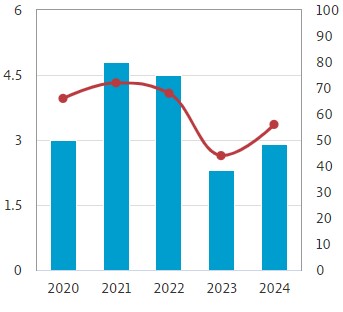PERCEIVED INFLUENCE OF SALARY LEVEL AND WORK BENEFIT CONSISTENCY ON EMPLOYEE COMMITMENT AMONG CIVIL SERVANT IN IBADAN, OYO STATE
Abstract
This study investigated the perceived influence of salary level and work benefit consistency on employee commitment among civil servants in Ibadan, Oyo State. Anchored on Social Exchange Theory and Maslow’s Hierarchy of Needs, the study employed a descriptive survey design involving 335 civil servants selected through a stratified sampling technique. Data were gathered using a structured questionnaire and analyzed using one-way ANOVA, linear regression, and multiple regression techniques. Findings revealed that salary level had no significant influence on employee commitment, indicating that variations in income did not translate into differences in organizational loyalty. Conversely, work benefit consistency significantly predicted employee commitment, accounting for a notable portion of the variance observed. When both variables were examined jointly, only work benefit consistency exerted a significant independent influence on commitment levels. The study concludes that consistent administration of work-related benefits plays a more critical role in fostering employee commitment than salary alone. It recommends that public sector managers emphasize transparent and reliable benefit schemes to strengthen employee morale, trust, and retention in the civil service.





